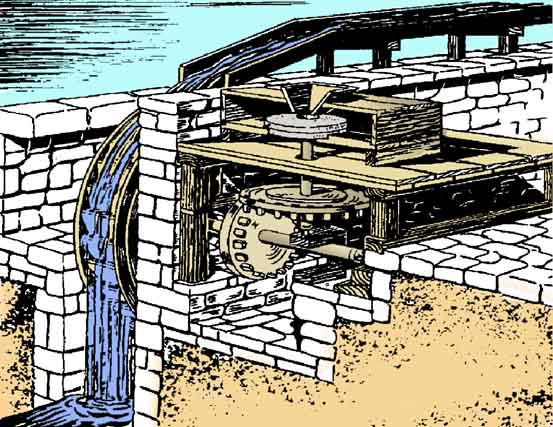
Water as a Resource
Home Page

Course Mechanics
(pdf)
Lecture Schedule (pdf)
Links: Links to
Water-Related Internet Sites
Course Description
This is a survey course on concepts and tools of water resources management. It begins with the hydrologic cycle and proceeds to develop an understanding of the components of water systems, water quality, and water-related hazards. Types of water use for municipal, agricultural, industrial, and power-generation purposes are described, as well as global distributions of supply and demand. After establishing the physical basis of the resource, institutional controls on water use in the United States are described, including the economics of water, water rights law, and legislative controls such as the Clean Water Act and the National Environmental Policy Act.
The course develops a background in water resources from scientific and management perspectives. It provides training in physical and social science, management, and humanistic views of environmental stewardship. Examples range from local to global geographic scales. This general water resources management perspective is useful to a wide variety of fields including hydrology, geology, ecology, hazards, planning, environmental management, journalism, consulting, and engineering. As an introduction to a diverse field, there is an emphasis on the development of basic concepts and vocabulary. Most of the material comes from the book and is covered in lecture. Exercises and additional materials will be passed out in lecture, put on Blackboard (under 'course documents,' or listed on the course website.
Learning Outcomes: Students will learn a wide variety of skills and concepts such as scientific literacy by studying hydrologic processes and water quality and information literacy by exposure to water resources, legal, and institutional data bases. They will learn concepts of global citizenship by understanding relationships between irrigation, food production, population growth, and sustainability, and how these issues are related to Earth stewardship and environmentalism.
Page maintained by Allan James. Last
Updated August 17, 2011.